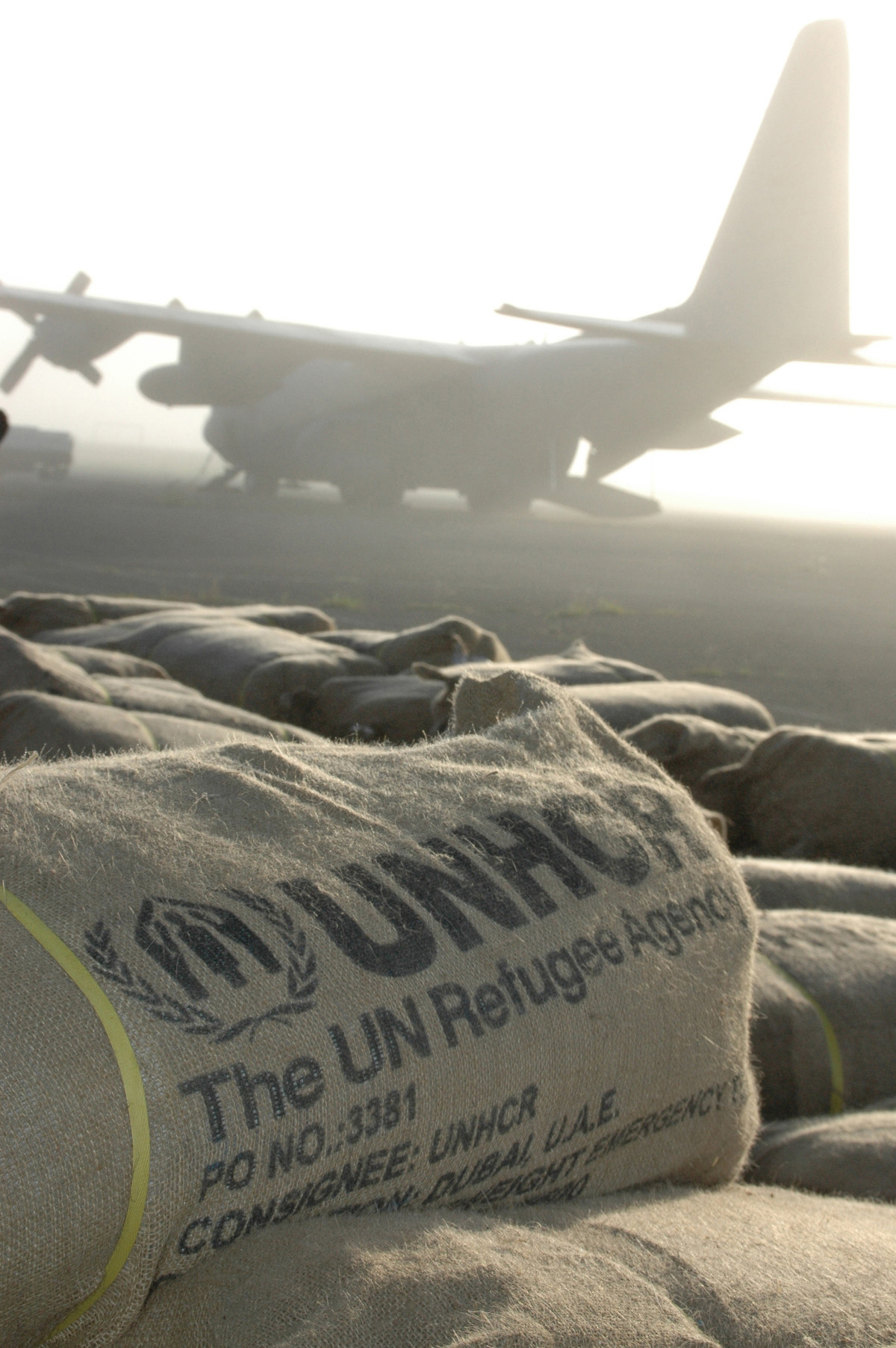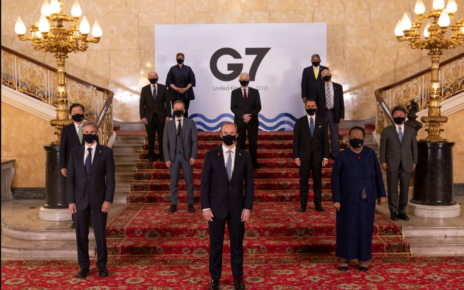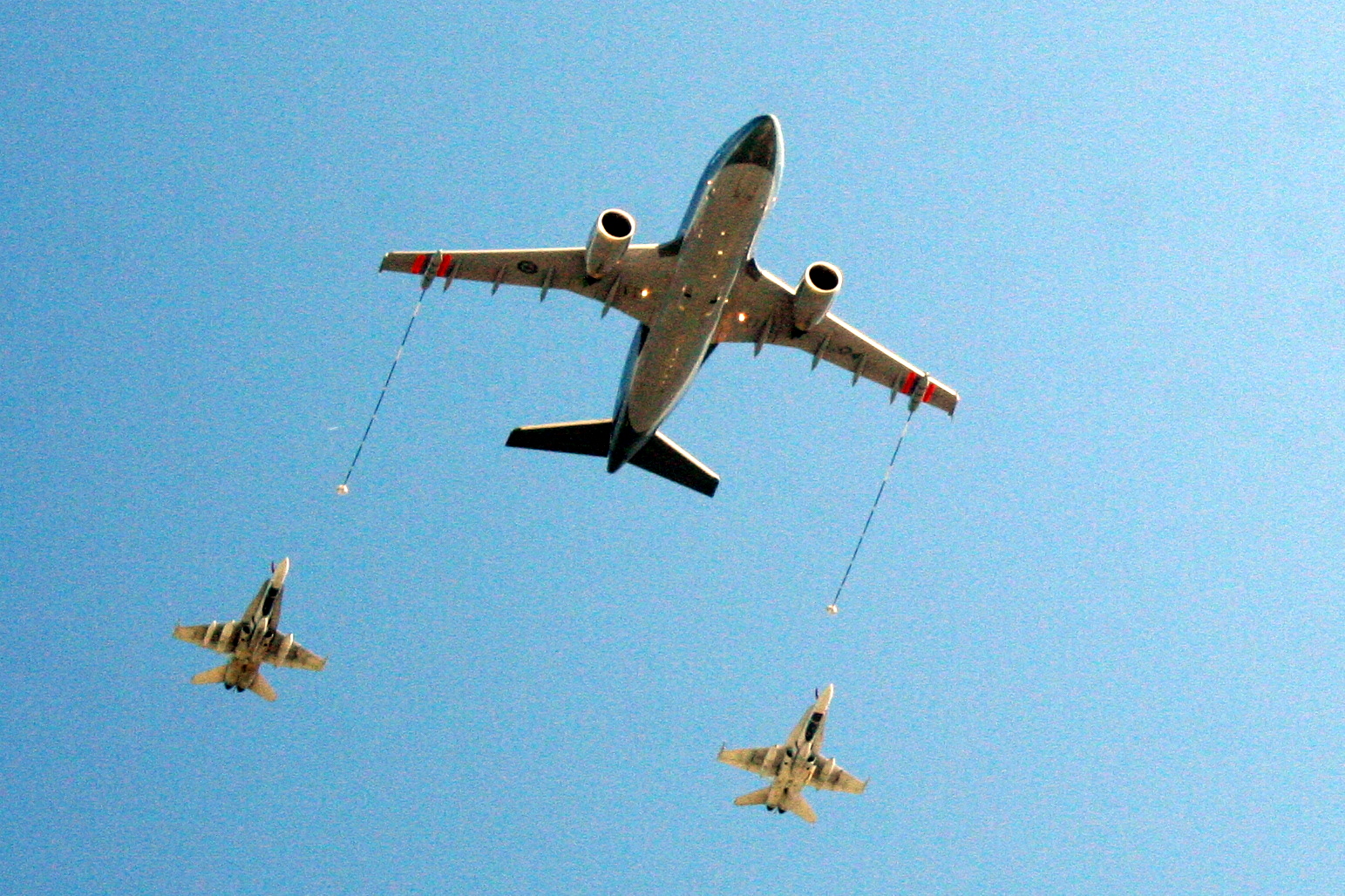Human nature. We all posses it, yet we do not truly understand it or can predict it.
Recently, I decided to go to the Much Music Video Awards (MMVAs) in Toronto. Why? I thought, “This could make my day awesome, and if there’s a chance Ed Sheeran will play Thinking Out Loud, I have to go.”
I Learned Something.
People will do just about anything if they think it will make them “happy.” Case in point, teeny-boppers and their parents, including other awkward groups like myself, waiting in sweltering heat (by Canadi an standards) for over 10 hours in order to see a 2-hour television special.
an standards) for over 10 hours in order to see a 2-hour television special.
We were corralled into “pens” (shown in the picture to the right) for hours in order to be hundreds of feet away from celebrities, all while standing on numb feet, dealing with the whiff of cigarette smoke from the VIP section and listening to teenagers who screamed whenever Shawn Mendes’ name was mentioned.
It was a miserable, but exhilarating experience. Did it make me happy? Sure. Did my legs and back suffer? Absolutely.
If we, a generally well-off populace, are willing to sacrifice comfort, time and money to witness a few celebrity performances, why do we question the sincerity of people who are risking life and death to escape lives of conflict and poverty?
Separating the Few from the Many
During the recent roundtable held at the NATO Association of Canada, we discussed whether refugees and asylum-seekers are considered security threats instead of humanitarian concerns in today’s global rhetoric. Asylum seekers in particular are faced with scrutiny if, 1) their claims are not validated by the UNHCR, and 2) they arrive illegally. Our panelists, Dr. Idil Atak and Francisco Rico-Martinez, generally agreed that they are increasingly considered “security threats,” while in reality the majority present no direct threat at all. They instead want to live a life that consists of the same inherent basic human rights we are all meant to enjoy, officially established by the Universal Declaration on Human Rights in 1948. Thanks Eleanor.
Let me simplify this idea and fit it into my MMVA context:
Yes, there were people in the MMVA crowd who waited just as long as everyone else, but hung out in the back and acted “too cool” for everything. They spat out comments such as, “Ed Sheeran’s head looks like fire” and “Nick Jonas sucks!” Although they took the long, difficult journey, they really only wanted to instigate negativity and take advantage of the situation.
However, without a doubt, the majority of people present were excited to be there. Why else would they endure the humiliating crowd-control system that consisted of standing in between metal gates, while being handed water by sympathetic security officials?
Of course, the particular context in which refugees are placed determines if the “security threat” rhetoric is justified. Refugee camps, in particular, can be a place of instability and a threat for a host nation, as well as the people living in the camp. Following the Garissa University Attacks in Kenya for example, the Dadaab Refugee Camp, widely believed to harbor terrorists for al-Shaabab, was threatened by the Kenyan Government. In June 2015, the government also told humanitarian agencies that it would “refuse police escort” if they continued to insist, “refugees are not habouring terrorists,” giving the agencies, including the UNHCR, a catch-22.
The Zaatari Refugee Camp in Jordan, which houses over 81, 405 Syrian refugees, has also had “security” concerns. In 2014, Abdallah Abu Romman, a former minister of information, told The Economist that the Jordanian Government is worried that “armed fighters, regime intelligence agents, and smugglers hide among the refugees.” Many attributed the riots in 2014 within the camp to “Assad sleeper cells.”
One Bad Apple Can Spoil the Bunch
In general however, the majority of individuals within the camps are themselves not a security threat, but under certain circumstances and influenced by uncontrollable forces, they may become one. Stimson released a report in 2010, titled “On the Move,” that examined the case of Iraqi refugees and their impact on host nations. The report stated that the crisis was a “security time bomb, likely to produce the next generation of terrorists because of host countries’ deteriorating conditions and capacity.” If states are not able to evict “rebel refugees” or those identified as a security threat, such people could instigate instability among the refugee population as a whole. Along the same lines, if states are not able to provide adequate shelter, resources, as well as educational and economic opportunities, then many refugees are left looking for alternatives.
Sure, in the MMVA crowd the “Nick Jonas sucks!” instigators could have influenced others. If they became frustrated with a part of the system, they could have started a mini MMVA riot. This is similar to the “one bad apple can spoil the bunch” idiom.
Despite this thinking, it is important to note that the majority of refugees and asylum seekers are in fact children below the age of 18, shown in the graph below taken from a UNHCR report:
The children who escape and seek refuge endure hardship, not because they want to instigate insecurity, but simply because they want to survive or lead a better life. These children are a paradox, not only are they ripe for terrorist recruitment, but also possess the enduring responsibility of rebuilding their nation. If we treat them as a security threat without cause, we easily isolate and lead them into the arms of those who would gladly “spoil them.”
10,000 Syrian Refugees
In 2015, Canada pledged that it would accept 10,000 Syrian refugees over the next three years. Although the government has been unclear on this promise since that announcement, there were slight groans within the Canadian community worried over whether these refugees would contribute to “domestic terrorism” or insecurity, as well as economic strain. Overall however, Canadians seem either unaware of the refugees their country is resettling or unconcerned.
The Canadian government and society needs to be active in the resettlement of these refugees and their integration into Canadian life, in order to prevent insecurity. After experiencing a very confusing day at the MMVAs, and witnessing the extent to which humans will suffer in order to increase their happiness for something as trivial as a concert, I can’t help but believe that anyone who suffers hunger, loss, death and trauma in order to search for refuge and a better life, deserves to be treated with humanity. Are they a security threat? Well, we can never predict human behavior, but we can refuse to contribute to the narrative that may, in fact, push them to take action that could harm those that give them refuge.
In the next part of this series, “Reality Bites: What Can We Do That Hasn’t Been Done,” I will examine the question: What policy options are there for the international community to solve the refugee crisis, and how should we change the way we think about refugee camps and resettlement to prevent insecurity and promote long-term stability?










